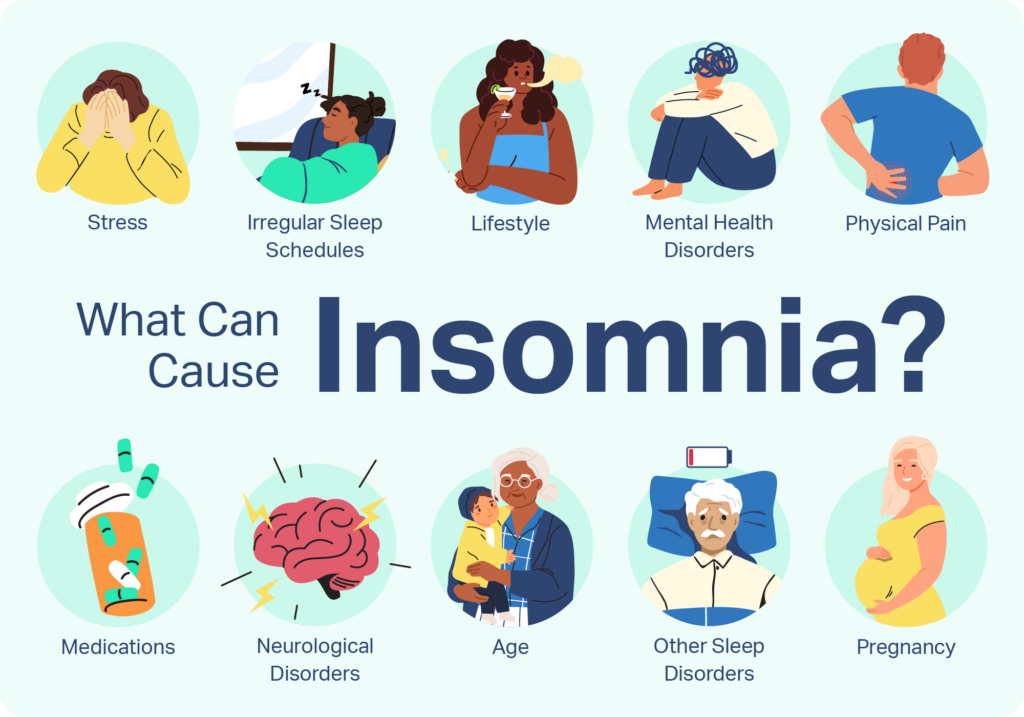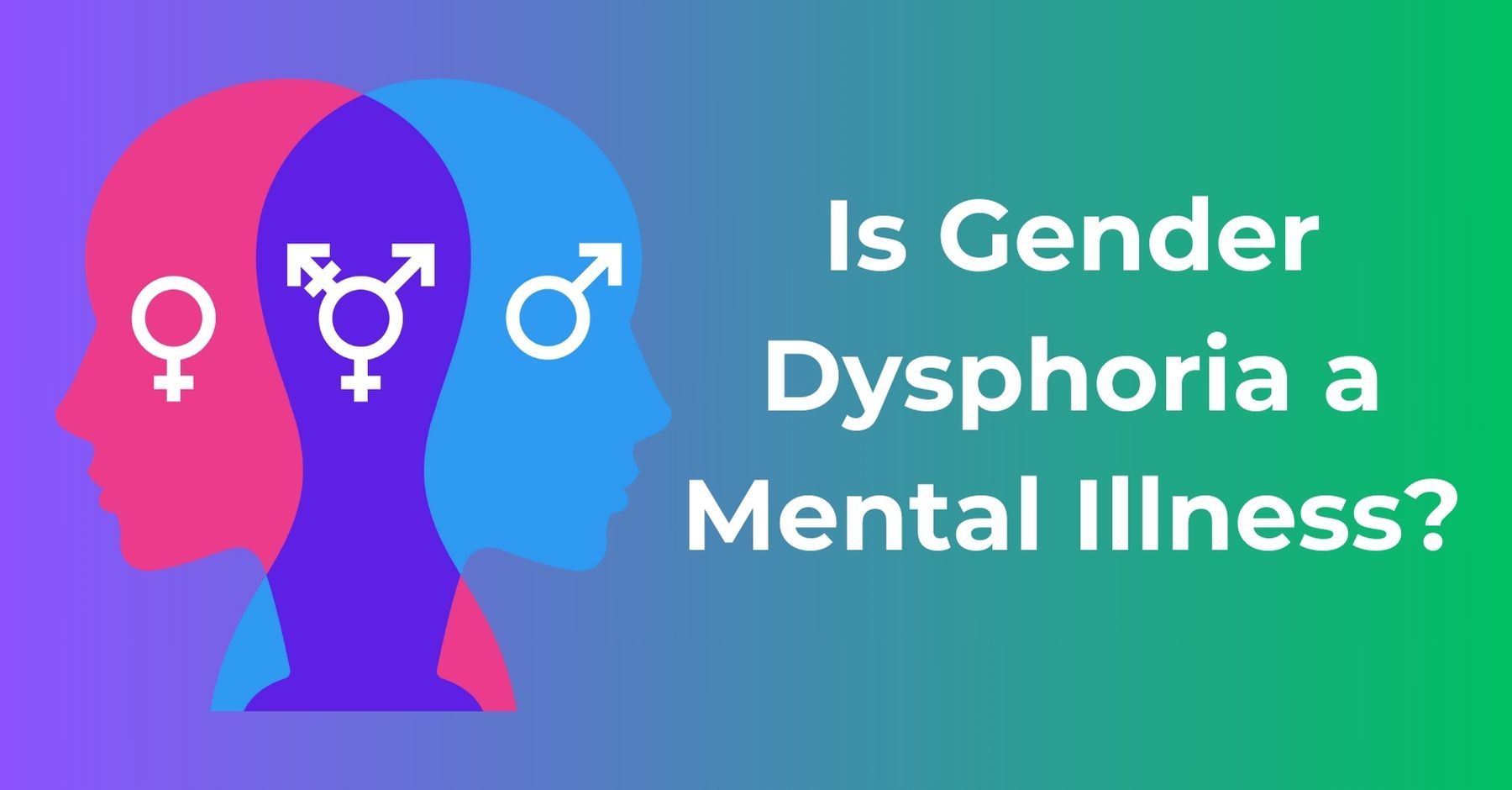Antisocial personality disorder is a mental health condition characterized by a pervasive pattern of disregard for and violation of the rights of others. Individuals1 with this disorder often exhibit impulsive, manipulative, and aggressive behavior.
Symptoms of Antisocial Personality Disorder:
People with antisocial personality disorder may exhibit the following symptoms:
- Failure to Conform to Social Norms: Disregard for laws and social rules.
- Deceitfulness: Lying, conning, or manipulating others for personal gain.
- Impulsivity: Acting impulsively without considering the consequences.
- Irritability and Aggressiveness: Frequent outbursts of anger or violence.
- Reckless Disregard for Safety of Self or Others: Engaging in risky behaviors without considering the potential consequences.
- Lack of Remorse: A lack of remorse or guilt for harming others.
- Callous and Unemotional: A lack of empathy and concern for the feelings of others.
Causes of Antisocial Personality Disorder:
The exact causes of antisocial personality disorder are not fully understood. However, a combination of genetic and environmental factors may contribute to its development. Some potential factors include:
- Genetic Predisposition: A family history of mental health disorders may increase the risk.
- Childhood Trauma: Adverse childhood experiences, such as abuse or neglect, may contribute to the development of antisocial personality disorder.
- Neurobiological Factors: Brain abnormalities may play a role in the development of this disorder.
Treatment of Antisocial Personality Disorder
Treatment for antisocial personality disorder can be challenging, as individuals with this disorder may be resistant to seeking help. However, psychotherapy, particularly cognitive-behavioral therapy (CBT), can be beneficial. CBT can help individuals develop empathy, improve social skills, and manage impulsive behavior. Medication may be used to address specific symptoms, such as anxiety or depression.
It’s important to note that antisocial personality disorder is a complex condition that requires a comprehensive treatment approach. With appropriate treatment and support, individuals with this disorder may be able to improve their behavior and relationships.



